Cardano had an unexpected plot twist on Nov. 21 when a deliberately crafted transaction triggered the network’s first major chain split in its eight-year history.
What began as a debugging experiment by an independent developer quickly spiraled into a full-scale incident that fragmented the $14 billion blockchain into two competing chains, and eventually pulled in federal investigators.
Despite the seriousness of the split, the broader story blended technical confusion, public apologies, and rising tensions inside the Cardano ecosystem.
Cardano mishap: a bug, a bad transaction, and a sudden fork
According to an incident report from Intersect, the disruption began around 08:00 UTC with a malformed delegation transaction that slipped past validation checks on newer node versions. Older nodes rejected it as expected, creating incompatible ledger states that caused the chain to diverge.
The report noted the exploit resembled one seen on Cardano’s testnet just a day earlier, suggesting it may have been tested before being pushed live.
“It is important to note that the network did not stall,” Intersect wrote. “Block production continued on both chains throughout the incident, and at least some identical transactions appeared on both chains.”
But continued block production didn’t mean smooth sailing. Major exchanges paused ADA deposits and withdrawals while watching to see which chain would emerge as canonical.
Coinbase implemented the longest hold, roughly 14 hours, from 12:15 UTC on Nov. 21 until 02:10 UTC the next day. Upbit, Kraken, and others placed shorter pauses while verifying the ledger.
Block explorers struggled to keep up, showing frozen or contradictory data.
On-chain apps saw inconsistent execution, with smart contracts settling on one chain while linked transactions landed on the other. Confirmation times stretched from seconds to minutes, and some transactions failed outright until consensus stabilized.
IOG, the Cardano Foundation, Intersect, and EMURGO coordinated an emergency response, deploying patches within three hours. By Nov. 22, the network converged naturally as nodes aligned on a single chain. ADA dropped over 10% before recovering to around $0.40.
A public confession, an FBI referral, and internal fallout
Just hours after the network stabilized, an X user known as “Homer J” publicly admitted to triggering the split. They described the event as an accidental outcome of personal testing:
But Cardano founder Charles Hoskinson rejected the idea that this was an innocent mistake. In an X post, he called it a “premeditated attack,” adding: “It was absolutely personal and now he's trying to walk it back because he knows the FBI is already involved.”
A fact sheet shared by Hoskinson and Intersect stated that “relevant authorities and law enforcement are being notified.” The escalation triggered internal shockwaves: one IOG developer, known as “effectfully,” publicly announced their resignation, expressing concern that honest development errors might now carry legal risk.
“I didn't realize there was a risk of getting raided by the authorities because of that + saying mean things on the Internet,” they wrote, noting they had previously discovered or contributed ideas behind several computational layer vulnerabilities.









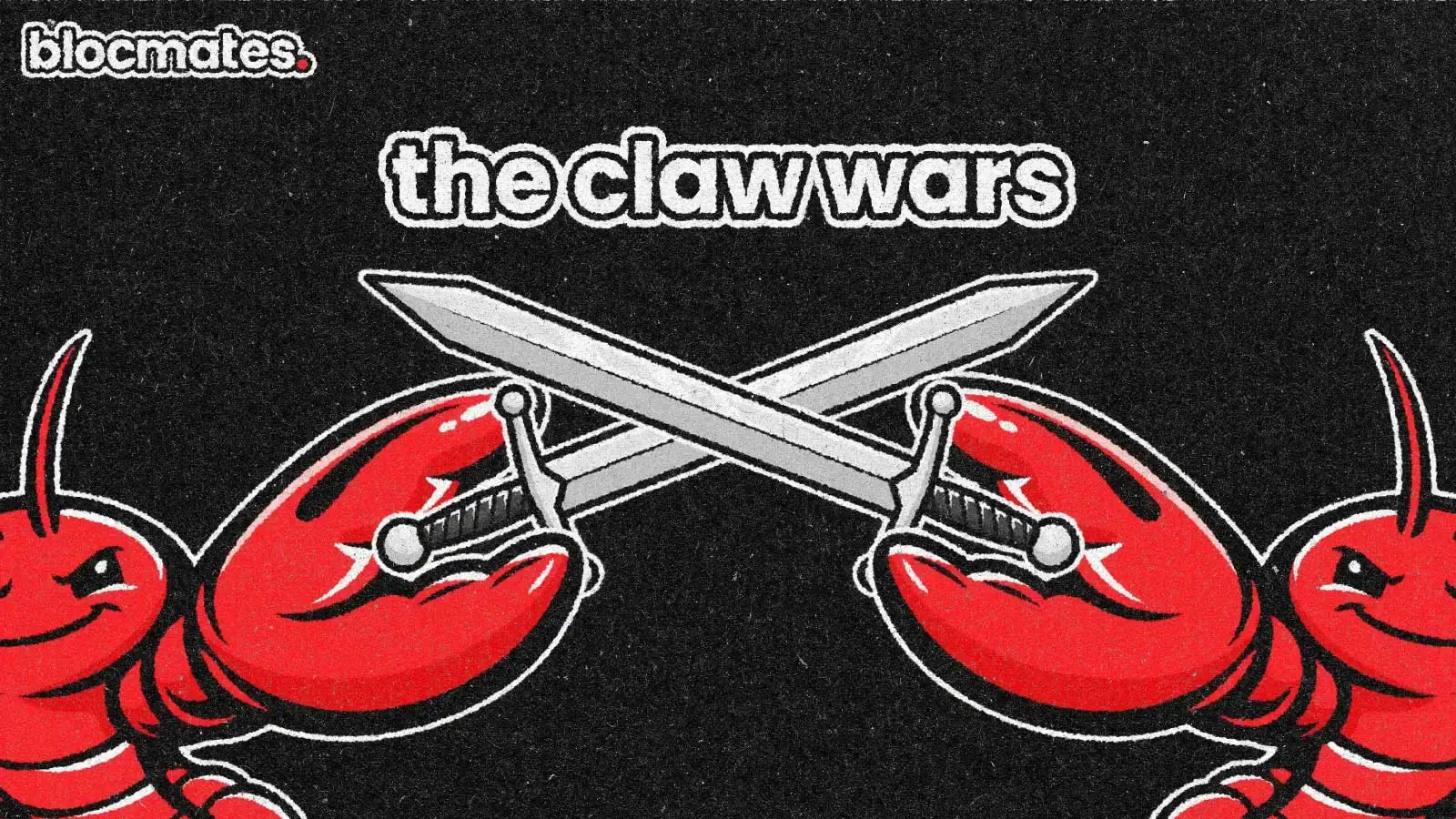
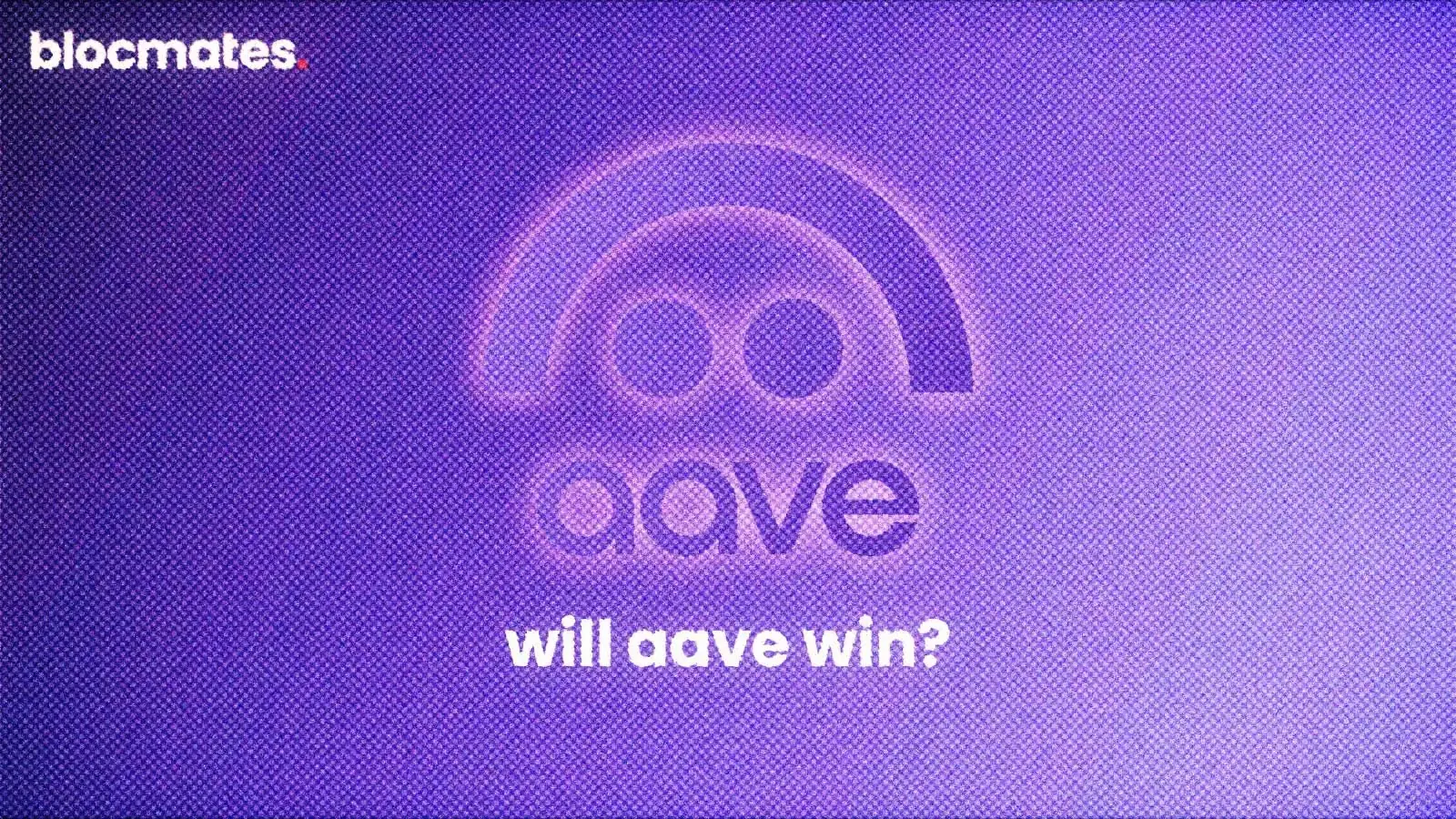

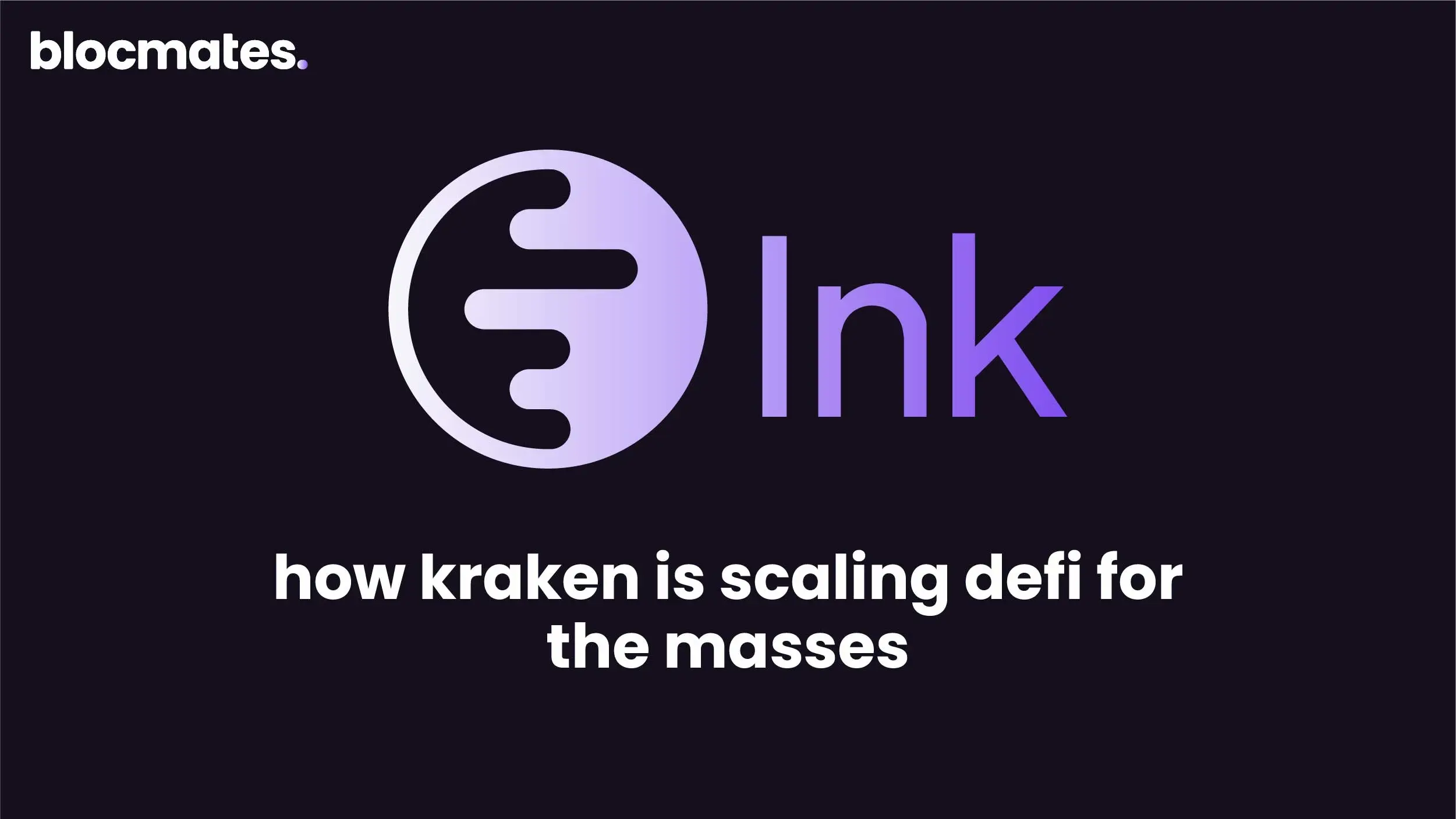
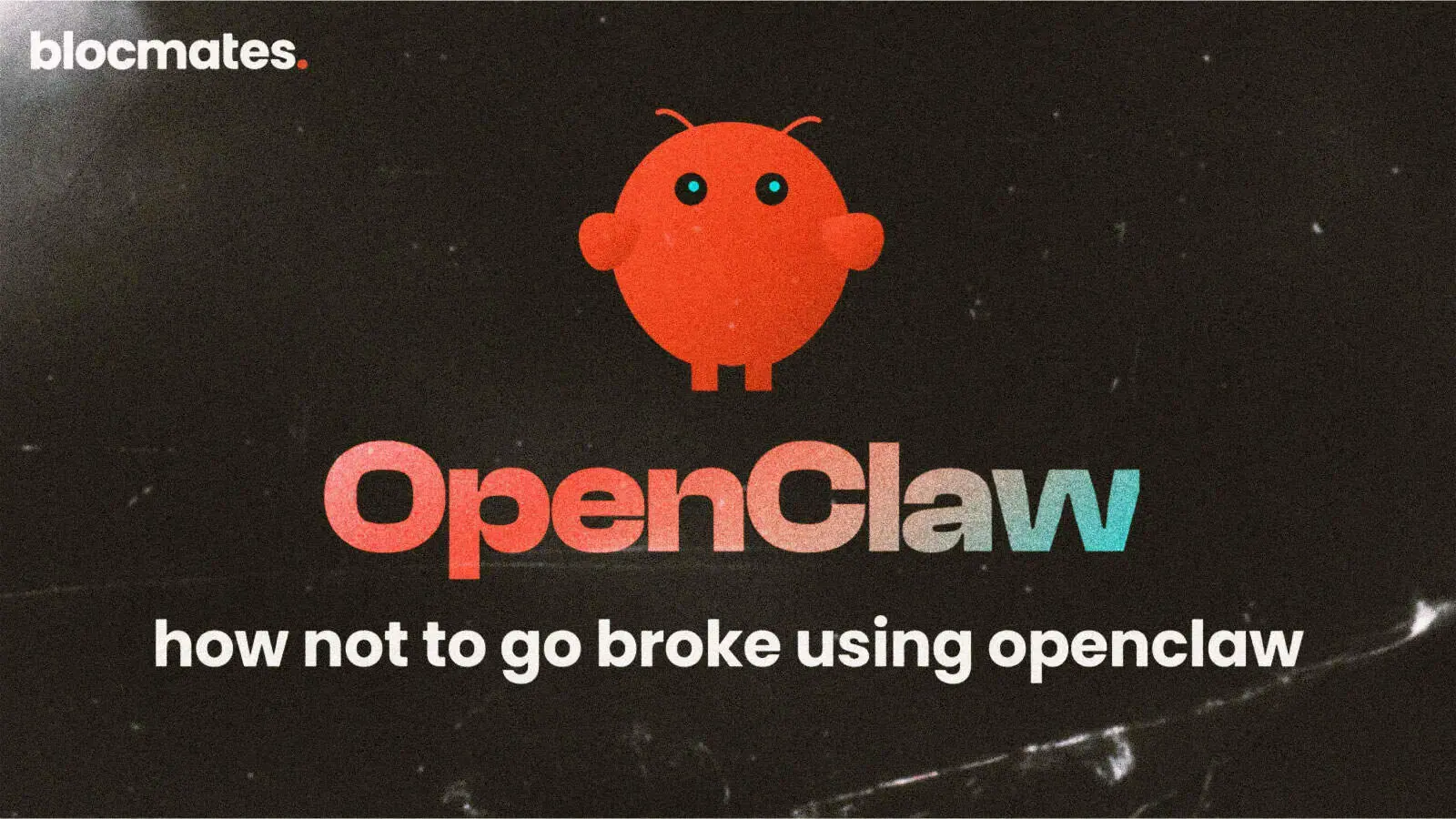

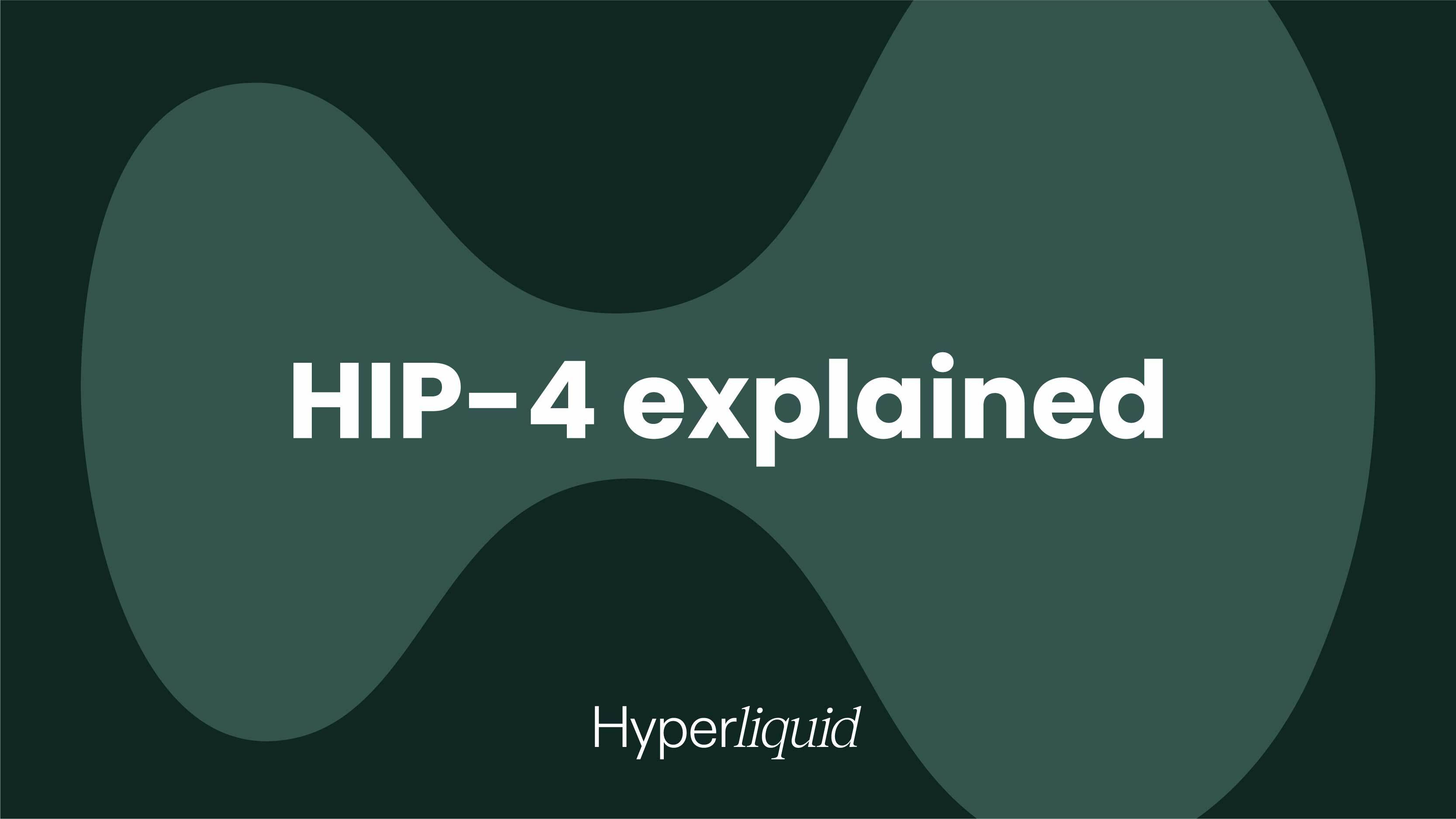


















.webp)

.webp)
.webp)

%20(1).webp)



























































%202.webp)


.webp)

.webp)
.webp)
.webp)


.webp)
.webp)

.webp)
.webp)
.webp)


.webp)
.webp)










.webp)


.webp)









.webp)







.webp)




.webp)

























.webp)







.webp)















.webp)

.webp)
.webp)

.webp)














.webp)

.webp)


.webp)








.webp)




